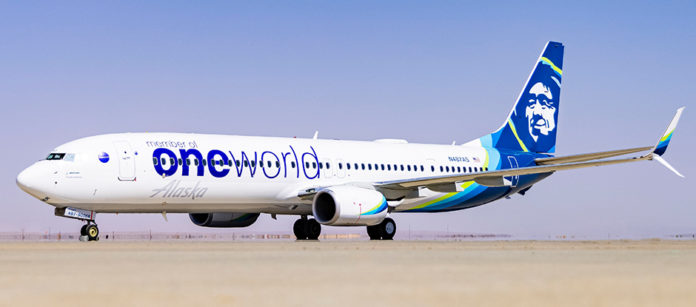
Alaska Air Group plans to acquire Hawaiian Holdings, owner of Hawaiian Airlines, for $1.9 billion, including $0.9 billion in debt. The deal involves Alaska Airlines paying $18.00 per share in an all-cash transaction. Hawaiian Airlines has faced losses due to wildfires, tourism disruptions, fuel costs, and Airbus A320neo issues, causing a 65% drop in share price. The merger, drawing attention from antitrust enforcers, could lead to concerns about market dominance, especially as 80% of the U.S. aviation sector is controlled by the “Big Four.”
The Department of Justice is currently opposing JetBlue’s acquisition of Spirit Airlines, highlighting ongoing scrutiny of airline consolidation. The Alaska-Hawaiian merger could control over 50% of the Hawaii flight market. Alaska Air CEO Ben Minicucci is optimistic about regulatory approval, citing minimal flight overlap. Critics argue that the merger may reduce competition and lead to fewer affordable flights. Alaska emphasises the combination’s potential to enhance competition and expand consumer choices on the West Coast and in Hawaii. The acquisition, approved by both boards, is subject to shareholder approval, U.S. regulatory clearance, and other closing conditions, with an expected closure in 12 to 18 months. The merged organisation will be based in Seattle, led by Ben Minicucci.
In response to the merger, Going founder and aviation expert Scott Keyes warned, “Competition between airlines is the single biggest cause of cheap flights. A merger between these two airlines—whose route maps have dozens of flights that overlap—would result, not in more cheap flights for consumers, but fewer.” This comment underscores concerns about potential consequences for consumer pricing and choice as regulatory authorities evaluate the impact of the Alaska-Hawaiian merger.




